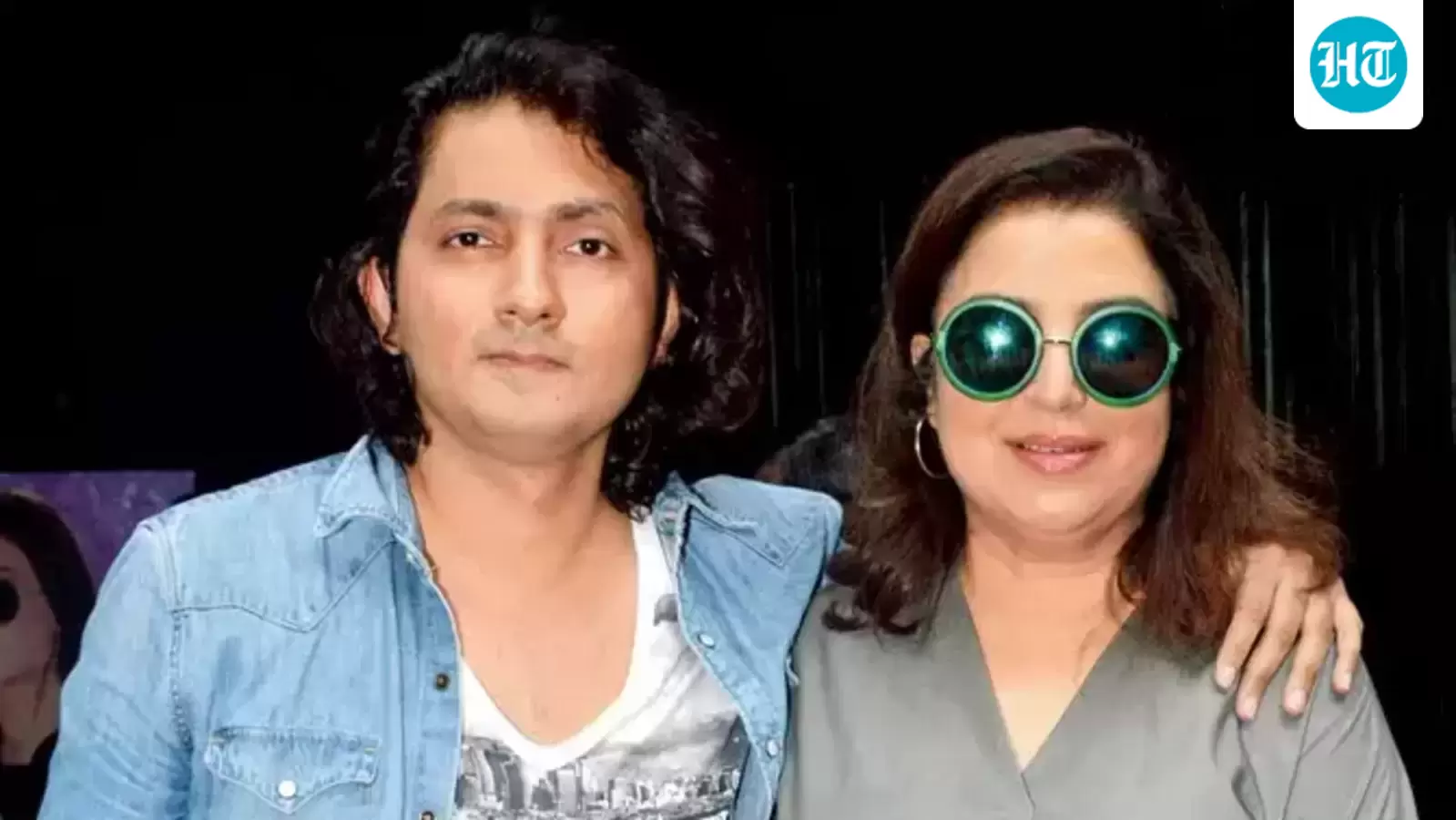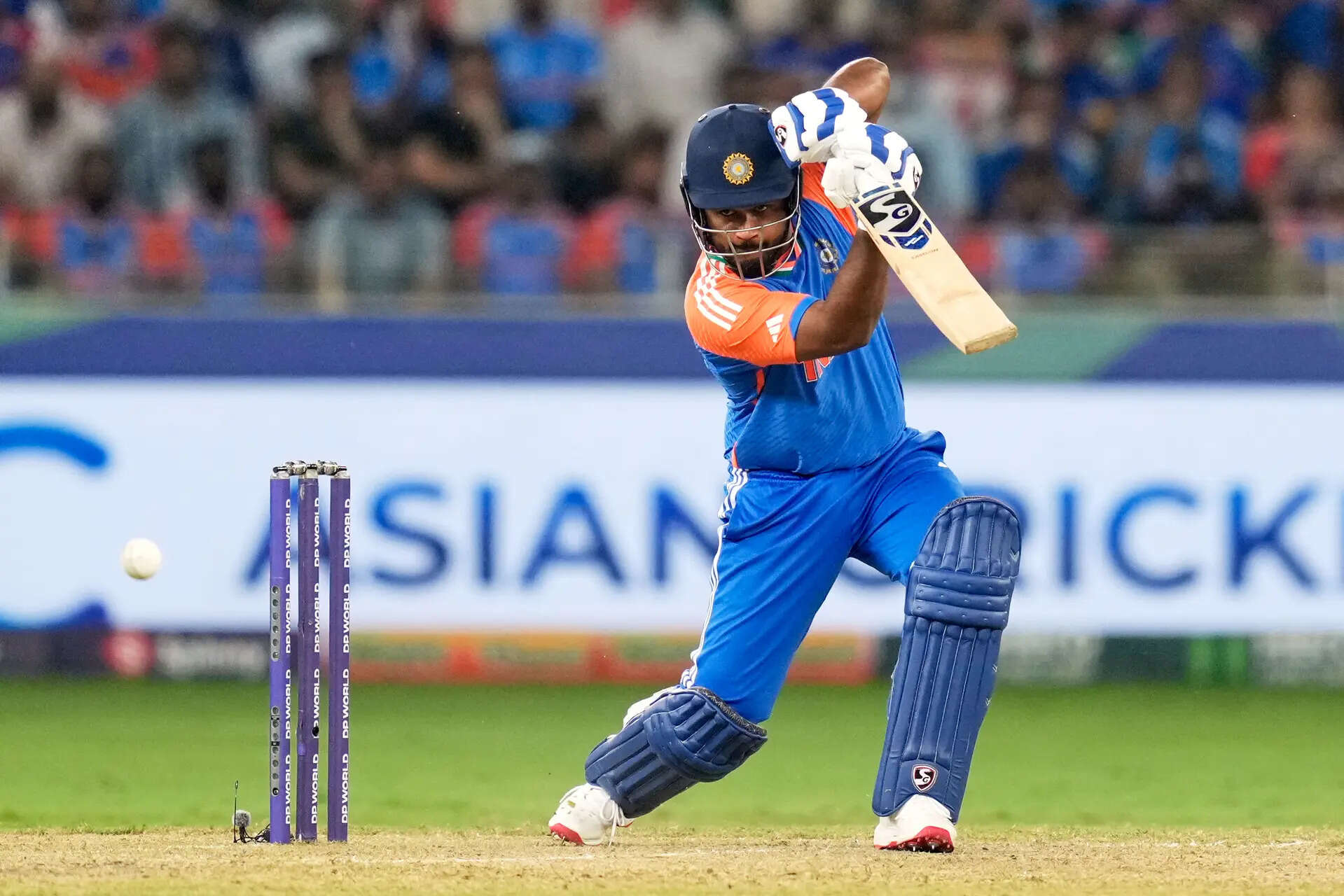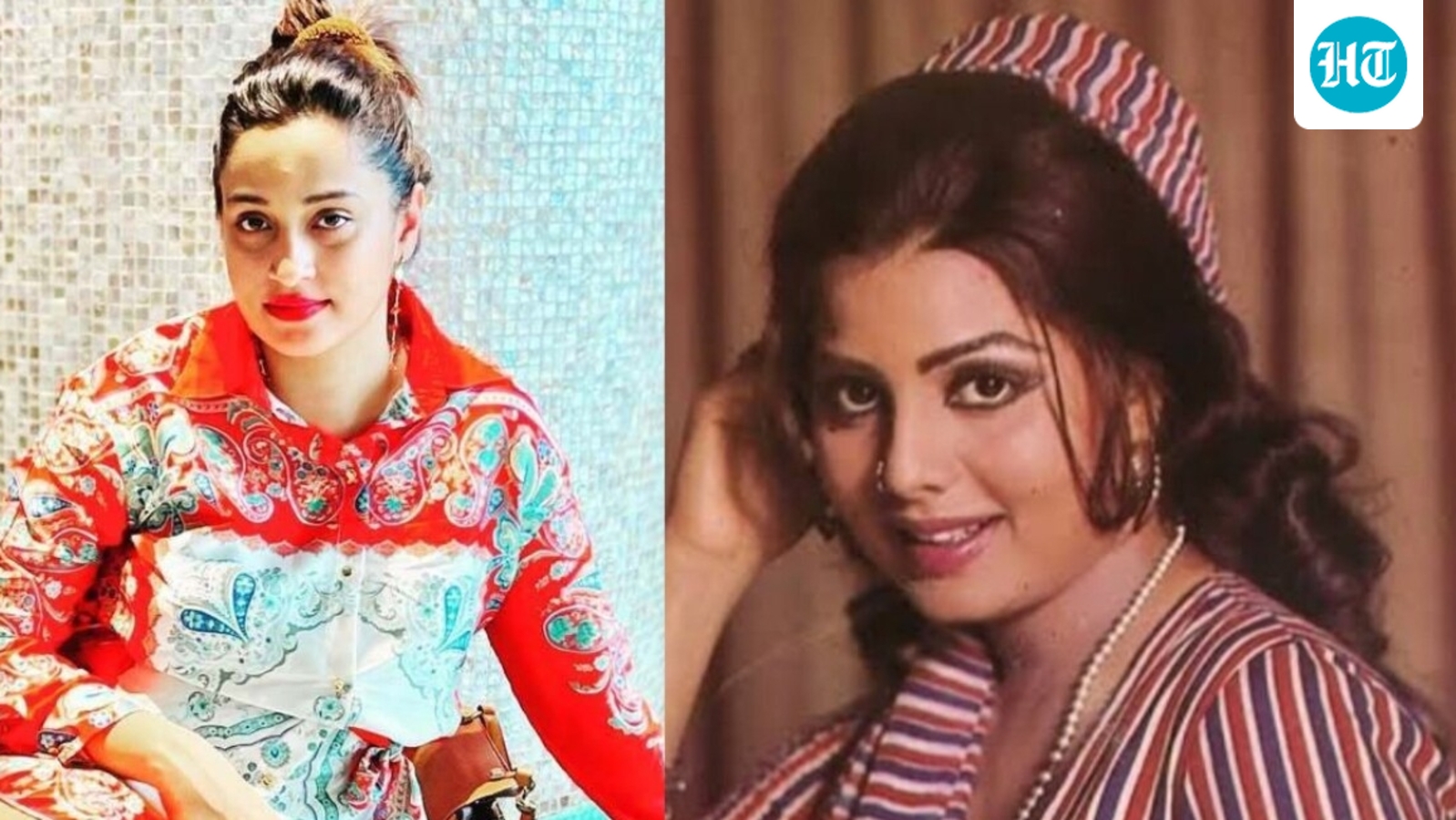Veteran playback singer and actor Sulakshana Pandit passed away at 71 on Thursday following a heart attack. Remembering her aunt, singer Shweta Pandit shares that she “didn’t get her due credit from the industry,” as she never received the recognition she truly deserved. “I genuinely feel she didn’t get her due credit from the industry. She was immensely talented — both as a singer and as an actor. But she was too sensitive and honest for the business. When I was young, she once told me, ‘I’m a very sensitive person. Maybe not strategic enough, like the others, for this field,’” Shweta recalls.

“She was an intelligent woman, but not someone who could play politics or network her way up. That was never her nature. And at that time, artists didn’t have the kind of management or guidance that exists today. She needed that kind of support but never really had it,” adds Shweta. Music, as Shweta puts it, was part of the family’s heritage — four generations of the Pandit family have been involved in the industry. Born in Madhya Pradesh, Sulakshana grew up surrounded by classical music. Her father, Pratap Narain Pandit, was the state’s chief musician and a respected Hindustani vocalist, while her brother Mandheer Pandit (Shweta’s father) became a tabla player.
“At a very young age, my aunt began training as a singer, while my father became her rhythmic companion. It was in the late 1950s, when our family moved to Bombay, that Sulakshana’s talent found its stage. She recorded her first song at just nine, and soon began performing at concerts across India, often sharing the stage with stalwarts like Kishore Kumar,” shares Shweta. “She was so young, yet so confident on stage.” It was during one of these sessions that Sulakshana caught the eye of filmmakers.
“Around 1975, she was at a recording studio when a team came looking for a female lead for their film. They spotted her and encouraged her to audition. Back then, there weren’t too many actors, and only a few artists both sang and acted. My aunt was way ahead of her time,” Shweta recounts. “She thought they were joking, but they were serious, and that’s how she got her first role. Interestingly, it was a negative one.” Shweta points out, “Many actresses sang in their films, but my aunt was a trained playback singer. She had recorded for many music directors as a professional — that’s what made her special. After Nargis ji and Suraiya ji, my aunt was the only other female artist who was both a professional playback singer and a leading actor.”
Through the 1970s and early ’80s, Sulakshana went on to feature in several films. But by the mid-1980s, she quietly stepped away from the industry. “I think she just got tired of how things worked. It was a different time, especially for women in the industry. She was content focusing on her music and the people who truly valued her, but I do feel she deserved much more.” Recalling a conversation from her younger days, Shweta shares: “Once, I asked my aunt if she felt she had received the credit she deserved, or why she wasn’t working anymore. She smiled and said, ‘I don’t really know how I ended up here. I have a good voice, a pretty face, I can act too — so things worked for me. But I can’t be like others out there or do what they do to climb up in this industry. Maybe I’m just not that clever or strategic.’”
Shweta reflects, “She was an extremely intelligent woman, but she wasn’t the kind to play politics or manipulate situations. That’s probably why she didn’t get her due credit. She was too honest, too straightforward — and that doesn’t always work here. At that time, artists didn’t have the kind of management or guidance that exists today. She needed that kind of support but never really had it.” In her later years, Sulakshana faced several health challenges. “She had a bad fall in the washroom once, which left her bedridden. For some time, she was in a wheelchair and later couldn’t walk at all. It was tragic because she had always been so full of life,” Shweta says.
She adds that people started assuming Sulakshana was “mentally unstable” when, in reality, she was struggling with depression. “Back then, speaking about issues like depression wasn’t common. She went through phases of depression, like many sensitive artists do. People didn’t talk about mental health — it was considered taboo. There were no therapists, no open conversations. So when she slowly stepped away from films and became more reclusive, people started saying, ‘Oh, she’s mentally unstable,’ which was absolutely untrue. She was never unstable — always aware, graceful, and sharp. She remembered everything — my name, my daughter’s name. It hurts when people say such things because they didn’t know her personally. She just didn’t get the kind of support or understanding that artists get today.”
To Shweta, her aunt will always remain the first superstar of their musically rich lineage. “Our family comes from a deep Hindustani classical background. My great-grandfather and grandfather were both classical singers, but she was the first to step into films,” she says. “She carried the Pandit family’s name into cinema. I always called her the first superstar of our family. She was also my guru — she taught me how to sing for films, something no school can teach. That comes only from experience.” Even years after Sulakshana stepped away from the limelight, the affection and respect she inspired remained intact. Shweta recalls one such moment vividly: “At a launch event, I met Shammi Kapoor ji. The moment he heard my name, he asked, ‘Are you related to Sulakshana?’ When I said yes, his eyes lit up. He told me, ‘The Kapoor family is the first family of cinema, and the Pandit family is the first family of music.’ That was one of the biggest compliments anyone could give us.”
Today, as the fourth generation of singers in the Pandit family, Shweta feels a deep sense of responsibility to continue that legacy. “It’s been over a hundred years of music in our family. I hope people remember the incredible work my aunt did — not just as an artist, but as a woman who broke barriers. Out of sight may be out of mind, but her music, her strength, and her grace will always stay alive in our hearts.












